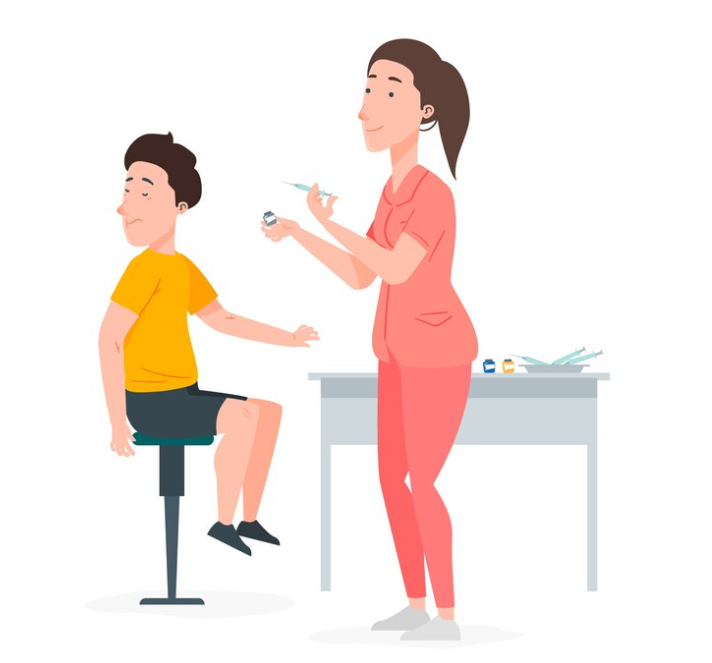
The Role of Hormones in Diabetes in Children: Diagnosis, Management, and Support for Parents
Diabetes can affect people of all ages, including children, and hormones play a significant role in its management. Let’s explore how hormones influence diabetes in children, learn about diagnosis, management, and discover support for parents navigating this journey.
Understanding Hormones and Diabetes in Children
Hormones like insulin and glucagon regulate blood sugar levels in the body. In children with diabetes, there may be an imbalance in these hormones, leading to elevated blood sugar levels and diabetes symptoms.
Diagnosis of Diabetes in Children
- Symptoms: Common symptoms of diabetes in children may include frequent urination, excessive thirst, unexplained weight loss, fatigue, irritability, and blurred vision. If your child exhibits any of these symptoms, it’s essential to consult a healthcare provider for evaluation.
- Testing: Diagnosis of diabetes in children typically involves blood tests to measure blood sugar levels. Additional tests may include oral glucose tolerance tests (OGTT) or hemoglobin A1c tests to assess long-term blood sugar control.
Management of Diabetes in Children
- Blood Sugar Monitoring: Regular monitoring of blood sugar levels is crucial for children with diabetes. This may involve fingerstick testing or continuous glucose monitoring (CGM) to track blood sugar trends throughout the day.
- Insulin Therapy: Many children with diabetes require insulin therapy to manage blood sugar levels. Insulin may be administered via injections or insulin pumps, depending on the child’s needs and preferences.
- Healthy Lifestyle: Encourage your child to adopt a healthy lifestyle, including a balanced diet, regular physical activity, adequate sleep, and stress management. These lifestyle factors can help improve blood sugar control and overall well-being.
Support for Parents
- Education: Educate yourself about diabetes management, treatment options, and how to support your child effectively. Understanding diabetes and its management can help you feel more confident and empowered in caring for your child.
- Support Groups: Connect with other parents of children with diabetes through support groups or online communities. Sharing experiences, tips, and resources can provide valuable emotional support and practical advice.
- Healthcare Team: Work closely with your child’s healthcare team, including pediatric endocrinologists, diabetes educators, dietitians, and psychologists. They can provide guidance, support, and resources to help you navigate your child’s diabetes journey.
Conclusion
By understanding the role of hormones in diabetes in children, seeking prompt diagnosis and management, and accessing support from healthcare professionals and support networks, parents can help their children live healthy and fulfilling lives despite diabetes.
To seek medical advice, always consult a Doctor. Here are our recommended experts. Click Here
To read more on Diabetes . Click Here


